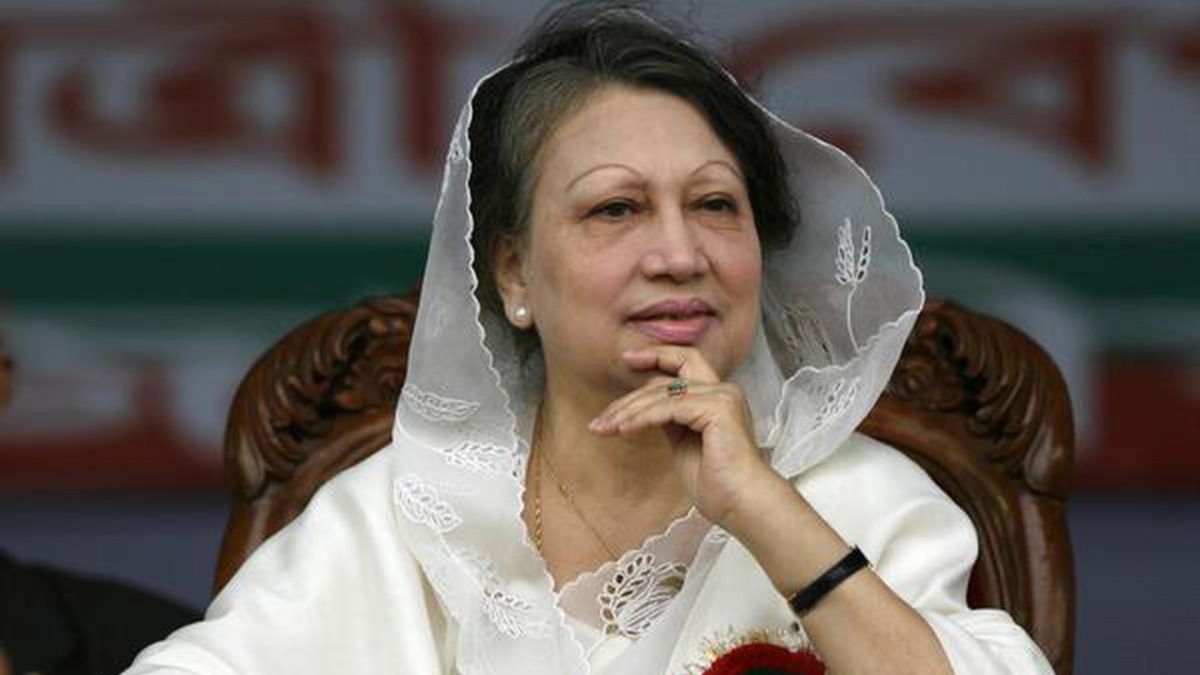Khaleda Zia, a key opposition figure and the leader of the Bangladesh National Party (BNP), on Thursday (February 27) urged the interim government to implement minimal reforms so that elections can be held swiftly.
“People expect a widely accepted election after swift and minimal reforms to restore the country’s democratic system,” the former prime minister of the South Asian nation said in a TV broadcast. Khaleda ruled Bangladesh twice but was jailed in 2018 by the government of now-deposed PM Sheikh Hasina, who was topped in August last year amid a massive students-led protest.
“Unite the party and prepare to lead both the movements and the nation,” Khaleda told BNP members. “The country is going through a critical period. The fascist regime was forced to flee due to the movements led by students and yourselves.”
“Friends and allies of the fascists are hatching conspiracies to undermine the achievements of the mass uprising,” Zia further warned.
Interim government keen on reforms
The interim government, led by Nobel Prize-winner Muhammad Yunus, has vowed to undertake a slew of reforms and has formed a commission for the same.
Earlier he said holding elections on the national level would depend on the deliberations among political parties.
On December 16, Yunus said that a comprehensive reform of the election system may push the polls to mid-2026. However, the BNP maintains that elections must be held by the end of this year.
Statement by Bangladesh election commission
This week, the country’s election commission said preparations were underway to hold elections by December this year, following nationwide vandalisms over the past few weeks.
“We are preparing for the national elections in December,” Election Commissioner Abul Fazal Mohammad Sanaullah told reporters. His statement came during a meeting with 17 diplomats from Western nations, including the European Union.
Impact Shorts
More ShortsHe added that the interim government’s priority was to hold national elections and not the local polls.
Yunus has been governing Bangladesh since August 8 last year, three days after the collapse of the Hasina regime. The interim government is now carrying out massive ‘reforms’ in the country, spanning administration to the 1972 Constitution.
(With inputs from agencies)
)